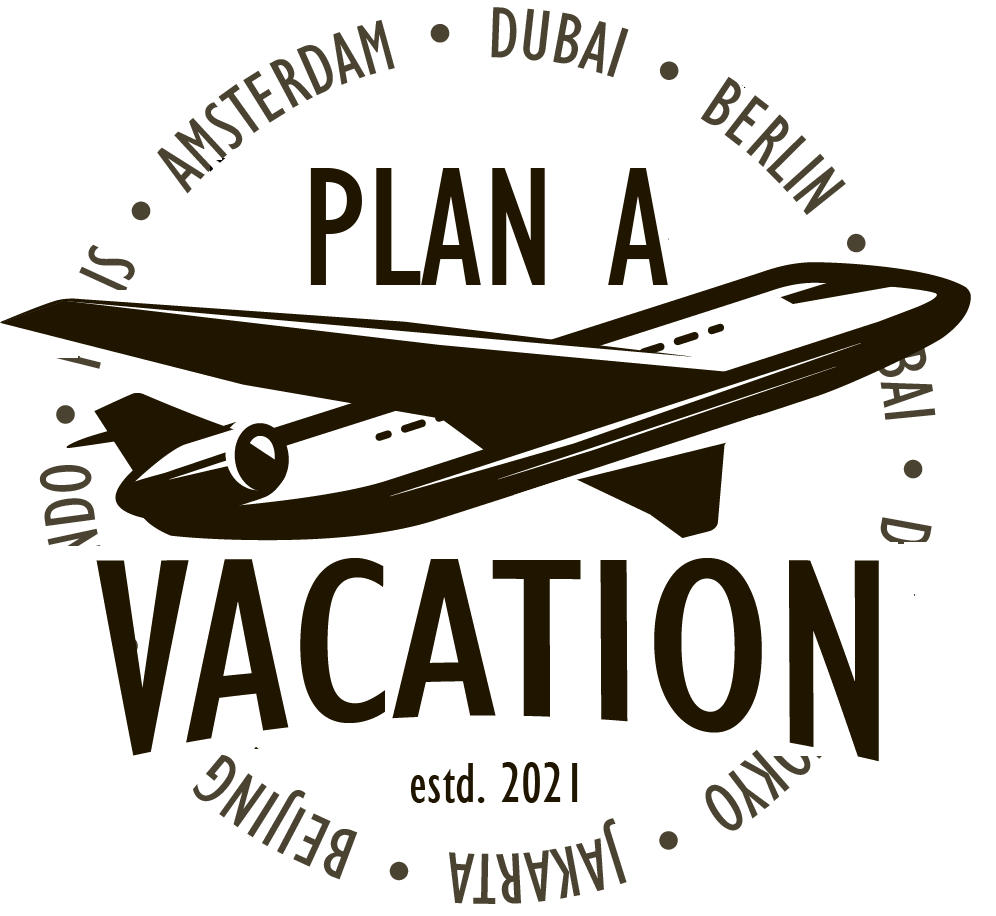Canada
Overview
Canada occupies a unique position as a cultural bridge between the old world and the new. It is home to several different indigenous groups. It was also colonized by both the French and English, and has received a significant amount of its own cultural identity from both countries.
Canada is a major world power and one of the most economically successful countries in the western hemisphere. It stands as one of the few nations in the western world to have peacefully transitioned from a colonial holding to an independent power in its own right.
Search for Flights
Do Some Light Reading
Quick Facts about Canada
- Canada is the second largest country in the world by area.
- The geomagnetic north pole is located to the west of Ellesmere Island.
- Canada and the United States share the world's longest border and the world's longest undefended border.
- Over half of the country's residents have some form of a college education.
- At 151,600 miles, the Trans-Canada Highway #1 is the longest highway in the world.
- It has more lakes within its borders than there are lakes outside of its borders.
- The word Canada means 'Village' in the Iroquois language.
- Cape Columbia on Ellesmere Island is Canada's most northern point, just 7 degrees south of the geographical North Pole.
Borders
Despite its massive size, Canada only physically borders one nation - The United States. Canada's borders with the United States were initially a cause for friction between the two states, but they have been set at the 49th parallel since the mid-19th century. Canada is actually bounded by the United States not only to the South but also to the west. While Canada does not share any land borders with other countries, it does share a sea border with Greenland.
Area
Canada is the largest country by area in the western hemisphere and the second-largest country by area in the world. Canada's area is just under ten million square kilometers, with 202,000 kilometers of coastline. In addition to its position as the second-largest country in the world, Canada also ranks as having the longest shoreline of any nation in the world.
Government
Canada's government is a federal constitutional monarchy. Much like the United Kingdom, the head of state is technically Queen Elizabeth II, though she is represented as head of state by the Governor-General. Like other parliamentary democracies, though, Canada's head of government is the Prime Minister.
Canada is a parliamentary democracy, which is a form of democratic government in which a ruling party (or group of parties) forms a working government after a party wins a majority of the parliamentary seats or forms a coalition with other parties. The aforementioned Prime Minister is the leader of the party that controls the government.
Book Popular Tours
Frequently Asked Questions
What languages are spoken in Canada?
Canada is officially a bilingual country, with English and French both listed as official languages. In reality, the languages spoken are generally based on the region in which one lives. Most of the French-speaking population of Canada lives in Quebec, while most who live outside of that province tend to have only a basic grasp of the language.
In addition to its official languages, there are also a number of indigenous languages spoken in Canada. There are also many languages spoken by the international immigrants to the country, with Mandarin, Cantonese, and Punjabi rounding following English and French in the top five languages spoken in Canada.
What is the climate like?
Because Canada is such a vast country, its weather varies greatly. On the west coast, temperatures tend to be moderate. In the major cities close to the American border, the weather tends to go through four distinct seasons and can range from around eighty degrees Fahrenheit at the highs and below freezing during the winter. Northern Canada has a variety of arctic climates, with the temperature in areas like Nunavut never rising much higher than around 86 degrees Fahrenheit and dropping as low as -40 degrees Fahrenheit.
What currencies are commonly accepted?
The currency of Canada is the Canadian Dollar.
What is the population of Canada?
The population of Canada is approximately 37.59 Million.
What is the capital?
The capital of Canada is Ottawa. It is located in the far southeastern part of the country, in close proximity to Quebec City, Montreal and Toronto.
What is the time in Canberra?
12:52:22, 04/15/2025
